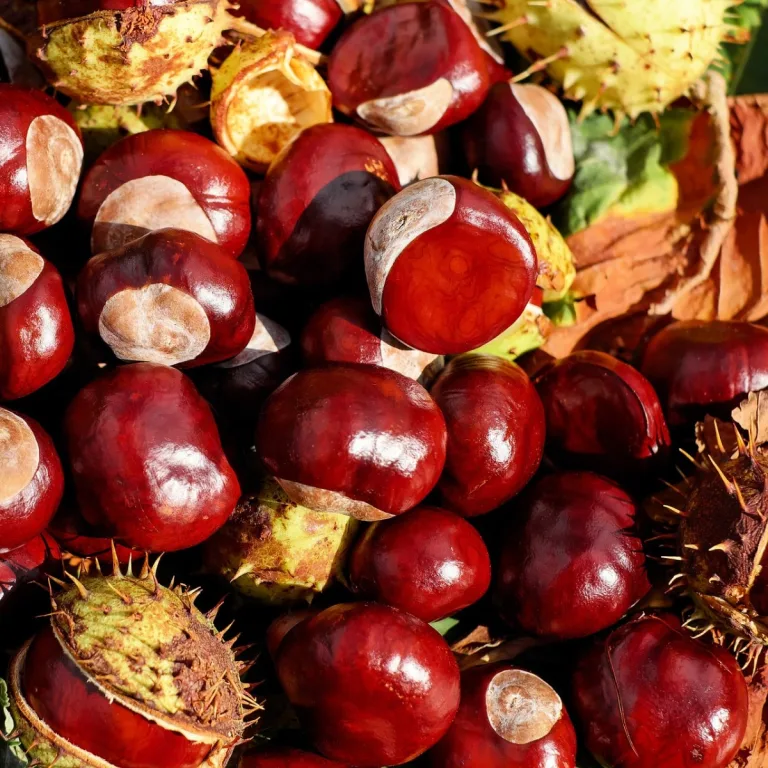Insomnia is the most common sleep disorder in which a person has trouble falling asleep, sleeping without constantly waking up, or waking up too early in the morning. Insomnia can be short-term (acute) or long-term (chronic). Acute or short-term insomnia usually lasts from one night to a few weeks and has become chronic if you suffer from insomnia at least 3 nights a week for 3 months or more.
It is said that almost a third of adults worldwide suffer from short-term insomnia. The prevalence of chronic insomnia is somewhat lower, reaching up to 10%. Below we discuss the most common causes of insomnia, its complications and provide tips for the treatment and prevention of sleep disorders.
There are two types of insomnia – primary and secondary:
- Primary insomnia: This means that your sleep problems are not related to any serious health problems or illnesses.
- Secondary insomnia: Your insomnia is caused by:
- health conditions (such as asthma, depression, arthritis, digestive problems, nerve diseases, cancer or heartburn);
- pain;
- medicines;
- the use of stimulants (1).
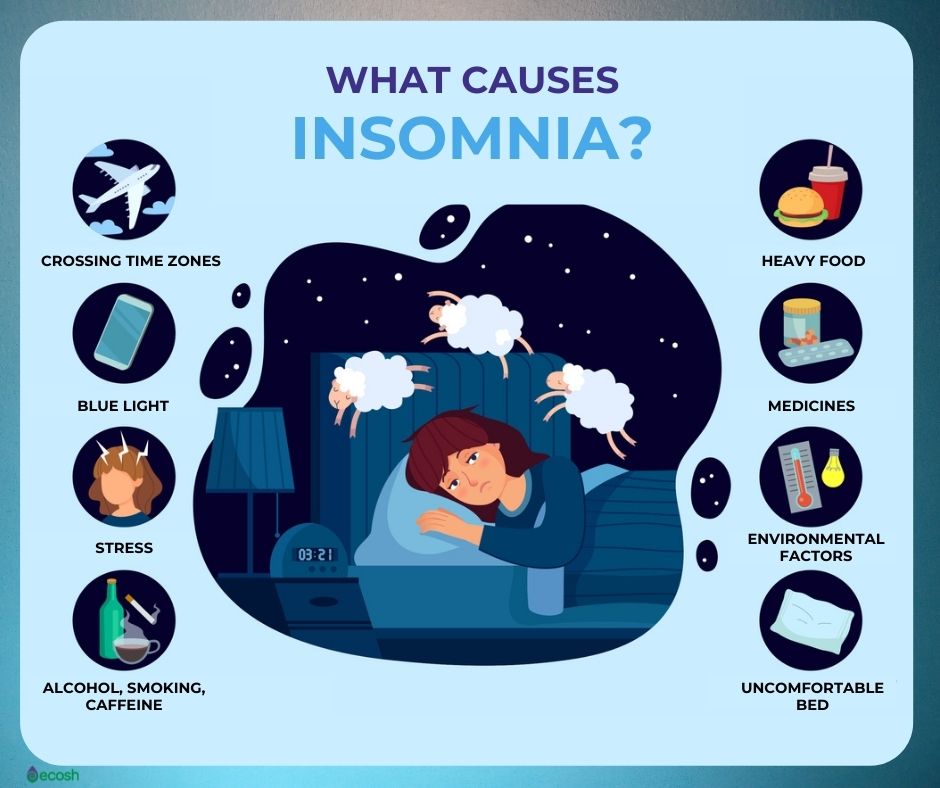
Insomnia Causes
Causes of primary insomnia include:
Stress associated with major life events: such as losing or changing jobs, the death of a loved one, divorce, or moving.
Environment: such as noise or temperature.
Irregular bedtime and changes in your usual sleep schedule: for example, due to travelling or a new work schedule.
Blue light: More than any other color of light, blue light interferes with your body’s ability to prepare for sleep because it blocks the production of a sleep-promoting hormone called melatonin. Thanks to the blue light, you are less sleepy in the evenings than usual and it takes longer to fall asleep. Many people today spend an average of 7 hours a day with electronic devices. However, this is too long a time to stare at the blue light, and this affects sleep more than you might think. The light on your smart devices often looks white. However, it can give wavelengths between 400 and 490 nanometers, which is actually blue light. Although there are various blue light blocking devices, the easiest way to reduce exposure to artificial blue light is to turn off your smartphone, TV, and other devices a few hours before you go to bed. Indoors, the sources of blue light are:
Causes of secondary insomnia include:
- Mental health problems, as well as depression and anxiety.
- Medicines for colds, allergies, depression, high blood pressure and asthma.
- Nocturnal pain or discomfort.
- Consumption of stimulants like caffeine, tobacco or alcohol.
- Hyperthyroidism and other endocrine problems.
- Diseases such as asthma, arthritis, digestive problems, nerve diseases, cancer or heartburn.
- Other sleep disorders such as sleep apnea or restless legs syndrome (1).
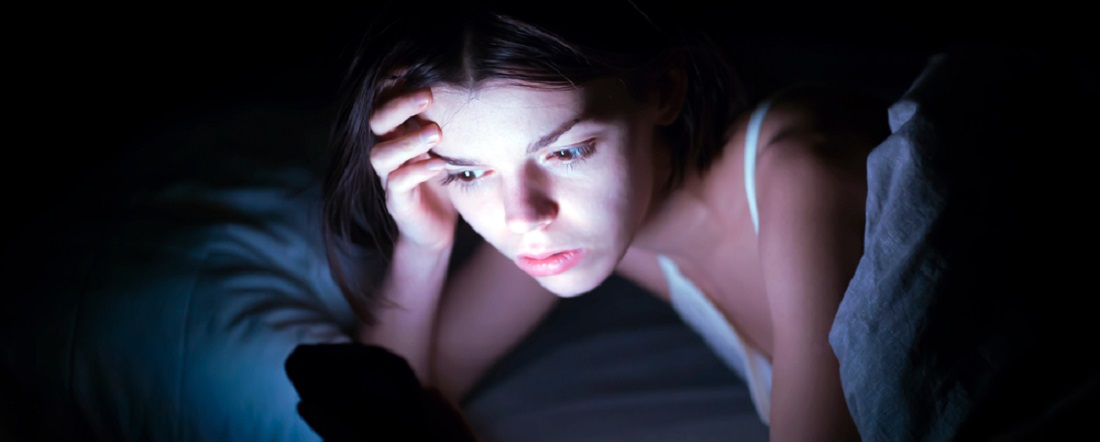
Normal Sleep Time – How Much Hours of Sleep Do You Need?
The sleep time you need depends on your possible health conditions and age.
Recommended amount of sleep for preschoolers, school age children, teens and adults per 24 hours:
- 3 to 5 years – 10 to 13 hours, including naps
- 6 to 12 years – 9 to 12 hours
- 13 to 18 years – 8 to 10 hours
- Adults – 7 or more hours (19).
Insomnia Risk Factors and Risk Groups
- Insomnia affects women more than men.
- Older people usually suffer from sleep problems more than young people.
- Long – term illness.
- Mental health problems that include depression and anxiety disorders.
- Working night shifts or constantly changing work schedule (1).
Symptoms of Insomnia
Symptoms of insomnia include:
- daytime sleepiness,
- tiredness,
- nausea,
- concentration or memory problems (1).
Complications of Insomnia
Your body and brain need sleep to recover and heal. Sleep is also extremely important for learning and storing memories. When insomnia keeps you awake, you can have a number of health problems, such as:
- Difficulty concentrating.
- Slow reaction time, which can lead to, for example a car accident.
- Problems with breathing (asthma).
- The elderly are at greater risk of falling.
- Heart problems (high blood pressure, heart failure, arrhythmia, heart failure, coronary heart disease).
- Mental health problems (depression, anxiety). Sleep disorders can also make it hard for you to stick to treatment for a drug addiction.
- Pain. People with chronic pain and insomnia may become more aware of and distressed by their pain.
- Pregnancy complications (giving birth preterm, having more pain during labor, needing a cesarean section (C-section), having a baby with low birth weight).
- Nausea.
- Weakened immune system. This may cause inflammation in your body or make it difficult to fight infections.
- Problems with metabolism (overweight, obesity, metabolic syndrome, diabetes) (1, 18).
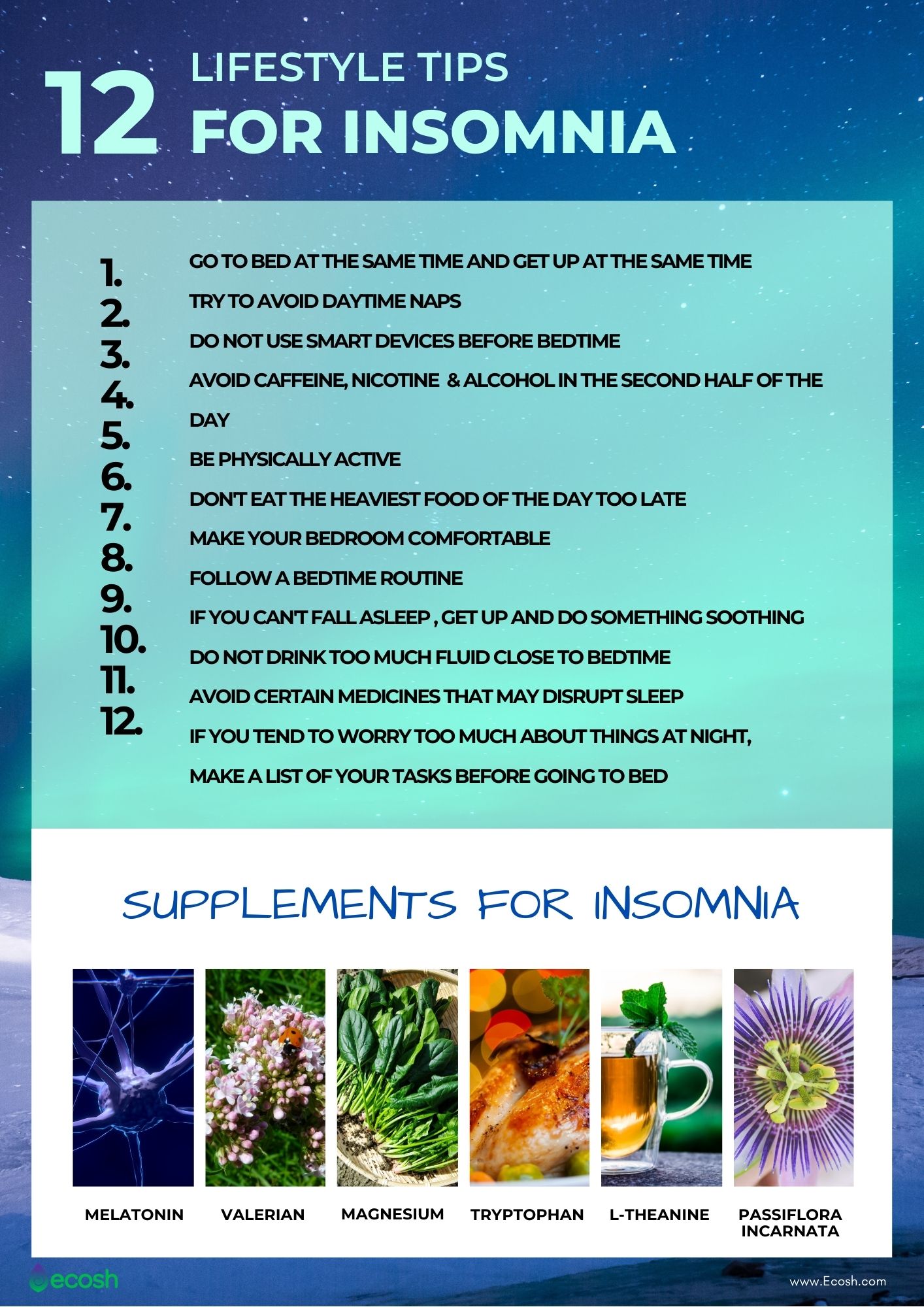
Insomnia Treatment and Prevention
Acute insomnia may not need direct treatment and you can get help from the suggestions below. However, if you have difficulty with daily activities due to tiredness, your doctor may prescribe sleeping pills for a short time. Fast-acting but short-term medications can help you avoid drowsiness the next day.
However, fast-acting sleeping pills can have undesirable side effects, and it is always better to treat the cause of the problem and strengthen your body and mind to cope with stressful situations.
However, in chronic insomnia, you may need treatment to recover from the health problems that keep you awake. Therefore, in case of secondary insomnia, you should definitely contact your doctor.
Good sleep habits, also called sleep hygiene, can help prevent and treat primary insomnia. Here are 12 lifestyle tips for insomnia:
- Go to bed at the same time every night and get up at the same time every morning, trying to sleep at least 7-8 hours in total.
- Try to avoid daytime naps as they may make you less sleepy at night.
- Do not use smart devices before bedtime as their blue light makes it difficult to fall asleep.
- Avoid caffeine, nicotine and alcohol in the second half of the day. Caffeine and nicotine are stimulants and can prevent falling asleep. Alcohol can make you wake up in the middle of the night and thus impair your quality of sleep.
- Be physically active. However, do not try to exercise before going to bed, as this may make it harder to fall asleep. Experts recommend training at least 3-4 hours before bedtime.
- Don’t eat the heaviest food of the day too late or get your stomach too full. However, a light snack before bed will help you fall asleep.
- Make your bedroom comfortable. It must be dark, quiet and not too hot or too cold. If the problem is light, you can try a sleeping mask. Try earplugs or a white noise machine to hide the noise.
- Follow a bedtime routine to manage stress and relax before sleeping. Read a book, listen to soothing music or take a bath. Your physician may also suggest meditation, massage therapy, or yoga to help you relax your body and mind. In older adults, acupuncture may also help improve sleeping problems.
- If you can’t fall asleep and aren’t sleepy, get up and do something soothing, for example read until you feel sleepy.
- Do not drink too much fluid close to bedtime, so you could sleep longer without having to use the bathroom.
- Avoid certain medicines that may disrupt sleep (for example, some allergy and cold medicines).
- If you tend to worry too much about things at night, make a list of your tasks before going to bed. It can help you put your worries aside for the night (1, 18).
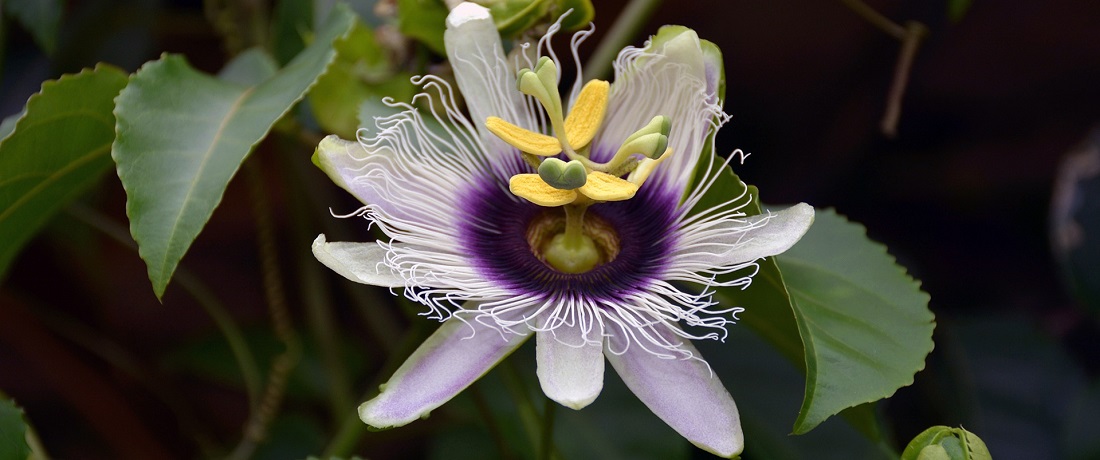
6 over-the-counter sleep aids that may help with insomnia include:
1. Melatonin
Melatonin is a hormone that your body also produces naturally, and that signals your brain that it is time to sleep. The cycle of production and release of this hormone is affected by time – melatonin levels naturally rise in the evening and fall in the morning. For this reason, melatonin supplements have become a popular sleep aid, especially in cases where the melatonin cycle is disrupted, such as due to a jet lag. According to research, melatonin helps to reduce the time it takes to fall asleep and may therefore prolong sleep and improve sleep quality (3, 4, 5).
2. Valerian
Valerian is often used as a natural remedy for the signs of anxiety, depression and menopause. It is a popular dietary supplement that can also improve sleep quality and sleep disorder symptoms in at least some people. However, more research is needed on the safety of long-term use (3, 6).
3. Magnesium
Magnesium is a mineral that is involved in hundreds of processes in the human body and is important for brain function, as well as muscle and heart health. In addition, magnesium can help soothe both – the mind and the body, and thus promote sleep. Studies show that the relaxing effect of magnesium may be partly due to its ability to regulate melatonin production.
Magnesium also appears to increase the levels of the calming brain messenger gamma aminobutyric acid (GABA). Thus, magnesium has a relaxing effect on the body and brain, which can also help improve sleep quality (3, 7, 8, 9, 10).
4. Tryptophan (L-Tryptophan)
L-tryptophan is naturally found in animal and plant proteins and is considered an essential amino acid because our body cannot produce tryptophan itself. This amino acid is important for the development and function of many organs in the body.
After L-tryptophan is absorbed from food, part of the body converts it to 5-HTP (5-hydroxytryptophan) and then to serotonin. According to some studies, this essential amino acid can help you fall asleep faster and also improve sleep quality (3, 11, 12, 13, 14).
5. L-theanine
Daily consumption of a food supplement containing up to 400 mg of this amino acid may help to relax and improve sleep. Animal studies suggest that it may be more effective when combined with GABA (3, 15, 16).
6. Red passion flower, also known as Passiflora incarnata
The species of this popular flower involved in improving sleep originate from North America, but are now also grown in Europe, Asia, Africa and Australia. In a recent study of people with insomnia, those who took passion flower extract for 2 weeks saw a significant improvement in certain sleep parameters compared with the placebo group.
These parameters were sleep duration, sleep efficiency (i.e. the percentage of time spent sleeping compared to lying in bed) and waking time after bedtime. Thus, although further research is needed, passion flower tea or extract may help some people improve sleep quality (3, 17).
NB! The information provided here is for informational purposes only, so do not consider it as health care or medical diagnosis and treatment. Do not consider this information as a guarantee of the results you want to achieve. In addition, this information here is not intended to replace the advice of your physician or other healthcare professional.
Even more, you should not use it to diagnose or treat a health problem. Before changing or discontinuing your existing medication, treatment, or care, or taking any dietary supplements, be sure to consult with your healthcare professional or doctor before starting any diet or program, or if you suspect you may have a medical condition.
Compiled by Maria-Helena Loik
Pictures: Pexels.com, Pixabay.com, Shutterstock.com
Sources:
- Insomnia: Definition, Symptoms, Causes, Diagnosis, and Treatment (webmd.com)
- How to Manage Blue Light for Better Sleep (webmd.com)
- 9 Natural Sleep Aids: Melatonin & More, Benefits, Risks (healthline.com)
- The effectiveness of melatonin for promoting healthy sleep (nih.gov)
- Meta-Analysis: Melatonin for the Treatment of Primary Sleep Disorders (plos.org)
- Valerian for Sleep: A Systematic Review and Meta-Analysis (nih.gov)
- The effect of magnesium supplementation on primary insomnia: placebo-controlled clinical trial (nih.gov)
- Micronutrient Inadequacy in Short Sleep: Analysis of the NHANES 2005–2016 (nih.gov)
- The Effects of Magnesium – Melatonin – Vitamin B Complex Supplementation in Treatment of Insomnia (nih.gov)
- The Effects of Magnesium Supplementation on Subjective Anxiety and Stress—A Systematic Review (nih.gov)
- Effects of tryptophan loading on human cognition, mood, and sleep – PubMed (nih.gov)
- Side Effects and Effects Associated with the Non-Nutritional Use of Tryptophan | Oxford Academic (oup.com)
- Effects of L-tryptophan on sleepiness and on sleep – PubMed (nih.gov)
- L-TRYPTOPHAN: Uses, Precautions, Interactions, Dosing and Reviews (webmd.com)
- The effects of L-theanine (Suntheanine®) on objective sleep quality in boys with attention deficit hyperactivity disorder (ADHD): a randomized, double-blind, placebo-controlled clinical trial – PubMed (nih.gov)
- GABA and l-theanine mixture decreases sleep latency and improves NREM sleep (nih.gov)
- Effects of Passiflora incarnata Linnaeus on sleep parameters in subjects with insomnia: PubMed (nih.gov)
- Insomnia | NHLBI, NIH
- CDC – How Much Sleep Do I Need? – Sleep and Sleep Disorders


